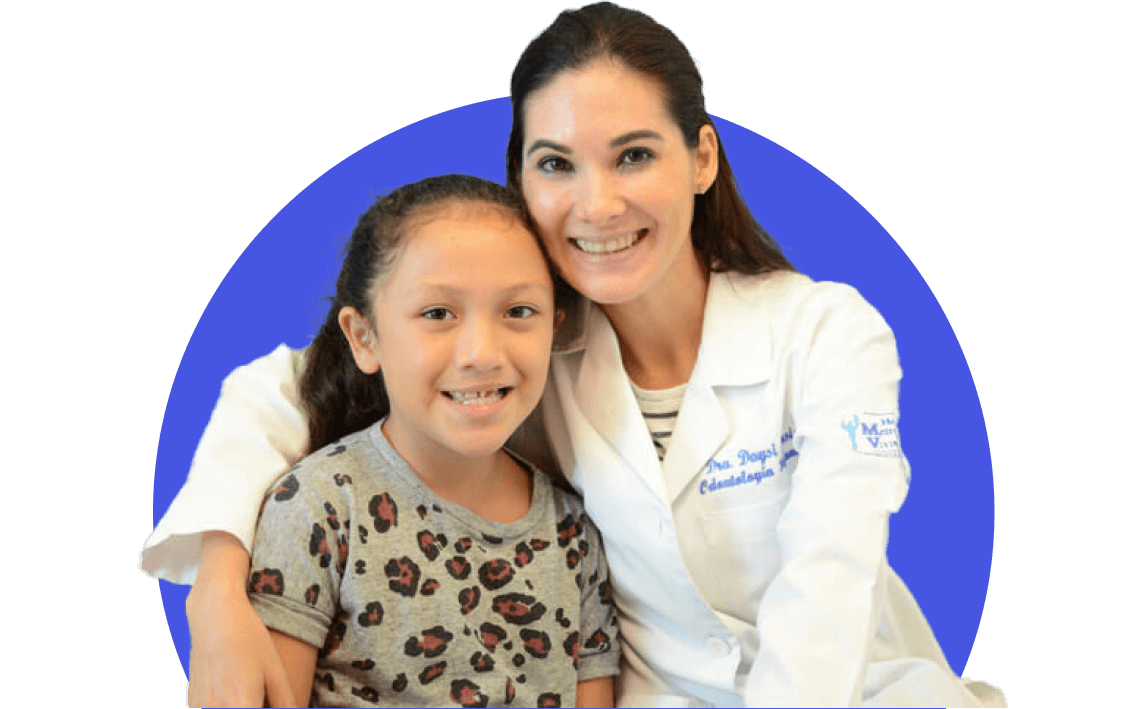- Cleft Home
- What is Cleft Lip and/or Palate?
- Prenatal Diagnosis
- Feeding Your Baby
- What is a Cleft Team?
- Surgery
- Hearing, Speech, and Dental Care
- Paying for Treatment
- Managing Feelings
- Craniofacial Conditions
- Toddlers and Preschoolers
- The School-Aged Years
- The Teenage Years
- Letter to a Teacher
- Information for Adults
- Support Organizations
- Learn More: Downloads
- Cleft Home
- What is Cleft Lip and/or Palate?
- Prenatal Diagnosis
- Feeding Your Baby
- What is a Cleft Team?
- Surgery
- Hearing, Speech, and Dental Care
- Paying for Treatment
- Managing Feelings
- Craniofacial Conditions
- Toddlers and Preschoolers
- The School-Aged Years
- The Teenage Years
- Letter to a Teacher
- Information for Adults
- Support Organizations
- Learn More: Downloads
How do clefts affect speech during infancy?
Speech and language skills begin to develop even before a baby uses real words. During the months before babies say their first words, they make cooing and babbling sounds. Babbling (“mamamama,” for example) usually takes place when a baby is seven to nine months old.
Children born with an isolated cleft lip should develop normal speech as long as they do not have hearing loss or other problems. Children born with cleft palate are at increased risk for difficulties with speech and language.
Children born with a cleft palate may develop babbling sounds differently than other children. They typically produce nasal sounds (M and N sounds, like “mama” and “nana”) and vowels (in combinations, such as “yaya”, “nana,” “nini,” and “mama”), but may not babble with other sounds (including B, P, D, T, G, and K) until after palate surgery.
Sometimes, children with a cleft palate produce sounds in their throat (they may grunt, growl, or use the “uh” sound in “uh-oh”) or seem like they are leaving sounds off words. If these errors are present or if your child is not producing a variety of sounds several months after palate surgery, speech therapy may be needed.
What is a speech-language pathologist?
A speech-language pathologist listens to a person’s speech and language, then recommends treatment if needed. The speech-language pathologist on a cleft team specializes in issues related to cleft palate. This person works closely with all members of the team, particularly the audiologist, otolaryngologist (ENT), and cleft surgeon.
What is the treatment for speech problems?
Treatment for speech and language depends on the cause of the problem. When speech errors are related to hearing, a child should see an audiologist and otolaryngologist (ENT) for ear tubes or other treatment. When the problems are caused by learned patterns or development, speech therapy may likely be needed.
Speech therapy may be provided through the SLP on your child’s cleft team or through an Early Intervention program. Speech/language therapy is also available through most public schools until high school graduation or age 21, depending on eligibility criteria. The SLP on your cleft team can make recommendations and direct you to the appropriate services.
How can parents help?
There are many ways for parents and caregivers to encourage a child’s speech and language at home. This process starts early. Here are some ideas:
– Talk your baby! Tell them stories, read to them, and sing songs every day.
– Talk about yourself and the things around you. Describe what you are doing or seeing when your child is present. Say things like, “I’m petting the dog. The dog is wagging his tail.”
– Talk about your baby. Talk about what they are doing, seeing, smelling, or hearing. Say things like, “You see the airplane. The airplane goes up in the sky.”
– Respond to your baby when they make noises and sounds. Imitate the sounds they make.
It is extremely important that a child’s speech and language development be monitored by a cleft team. A child with a cleft palate should have regular speech evaluations during the first year of life and throughout childhood.
Read the ACPA Treatment Options for Better Speech booklet



